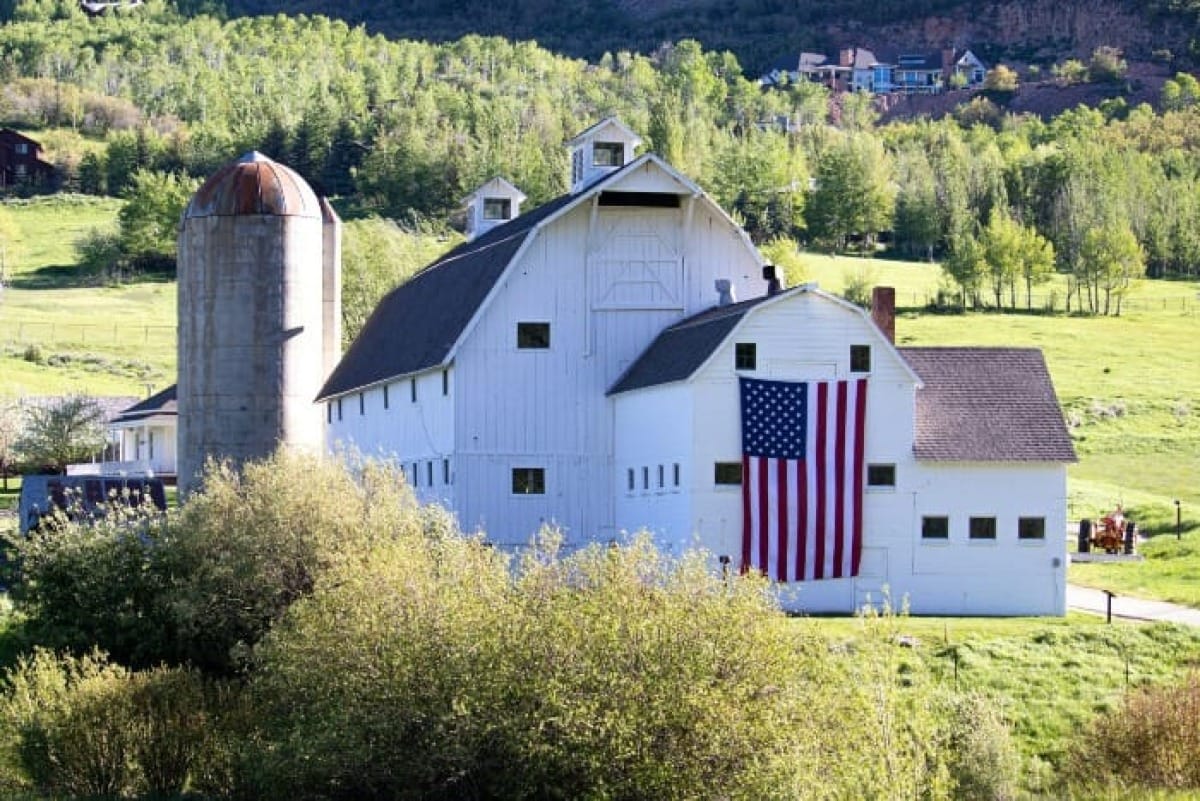Saving Rural West Virginia
The rural way of life, still predominant in West Virginia, is threatened by migration out and by community distress. How can this way of life sustain itself?

Saving the rural, wild and wonderful character of West Virginia is a priority you'll hear from every county in the state, even in the fast developing Eastern Panhandle. Rural wide-open environments are synonymous with health and vitality, but without attention paid to growth and development they can become areas with unhealthy communities. The goal of saving rural areas and keeping them viable for their residents becomes a balancing act--preservation versus development. If development proceeds without regulation, the rural character of a location will decline. Overdevelopment is what led to the creation of the American suburbs at the expense of agriculture and open lands.
The year-to-year, decade-to-decade sustainability of rural communities can be subjectively measured by the satisfaction and well-being of their residents. But the balancing act is vested in the decisions of elected government officials. They're the ones who shape strategies through state, county, and local planning and development agencies. In West Virginia, where satisfaction and well-being can be in short supply, elected officials tend to put their thumb on the development side of the scale. Preservation is good, as long as it doesn't get in the way of creating jobs. That's the reasoning that led to mountain top removal in southern West Virginia.
I’m a little suspicious of the common notion that community well-being is simply a matter of good jobs. We hear that refrain constantly from the mouths of those limiting their thinking to GDP, median family income, the number of millionaires and billionaires, and other measures linked to money. Community health is much more than just a matter of dollars and cents accounting. But community health is nevertheless tied to demographics, and by implication jobs. A community losing jobs will lose population. Such communities will tend to stratify their populations by age or income, and risk losing their schools, stores, and hospitals.
In West Virginia as our economic base, tied historically to extractive industries (mining, drilling, logging), has declined, we’ve lost population in almost all of our counties, especially those located in coal country. It seems that those who could get out, did so, leaving behind those who were not prepared to leave or couldn’t leave. Many stayers didn’t have resources enough to make a move, were tied to aging or incapacitated family members who didn’t make it out of the coal mines with functioning lungs, or who lacked marketable skills.
Coal mining is a declining industry everywhere, not just in West Virginia. Even so many, maybe most stayers, stayed because they are proud of who they are and where they were. It was home, Mountain Home, and it was where they belonged. It didn’t help that our politicians were misguided into thinking that the coal jobs would be coming back. They weren't and they aren't going to.
But as proud as they might be, the reality of increasing poverty and the lack of creative thinking about how to make it go away gradually took a toll on the resolve of the communities. Many of them came to believe that there wasn’t any possible solution, that there was no way forward. This is not to say that the individuals making up these communities gave up. They still looked out for their families and their neighbors, but the scope of their community involvement narrowed and didn’t encompass their downtowns, their services, their cultural environment, or their infrastructure.
Small town America and small West Virginia towns, in particular, stopped believing or, rather only believed, in an economic miracle that would come along and save them. It was the mindset of people whose history had been forged by outside interests, by people not of their community making decisions about how much “the locals” could expect to get out of life. It was the out-of-state coal and gas companies, railroads, telecom companies, timber interests, corporate agriculture that lacked the same strong attachment to community and place as those born and raised there.
So okay, enough complaining about the past and the reasons for why we’re losing our rural way of life. What do we do about it? Is it even worth doing anything about it? What is there about a rural way of life that’s worth trying to preserve it?
I think it’s enough to say on this last question that there are people who prefer living outside of cities in closer connection with their environment. Then, too, maybe there are businesses that prefer employees like that. People they can count on. Then the other questions have their answers. Yes, it is worth preserving a rural option for people. But to make that happen, rural communities need the wherewithal and resolve to attract the kinds of economic forces that can integrate into a rural setting.
So now comes the hard part. What’s the right combination of political and social planning that respects the way of life of the residents and attracts appropriate businesses? It seems logical that solutions that will work come about from not one great idea or one great mind. Instead, it takes many great ideas sprung from many great minds. This is an argument for diverse thinking, in other words.
Another way of saying this is that it isn’t Republicans alone or Democrats alone or Libertarians alone or Socialists alone who create solutions. It’s all of the above, but under the proviso that they are all willing to collaborate on finding solutions. So now for the bad news.
Rural communities are often way, way too monolithic in their political thinking and in their willingness to engage. They are overwhelmingly conservative and Republican voting and dismissive of other views. Of course, we can say the opposite for urban areas, that their left leaning majorities are dismissive of conservative ideas. But urban areas, including their surrounding suburbs, are not losing population or suffering overall economic decline. For now anyway, many urban areas, led often by progressive voters, are thriving, albeit with their own brand of social problems.
To see so many rural communities struggling might suggests that the “fault” lies with the communities themselves for the condition they’re in. Especially in West Virginia this is wrong thinking. Our communities have had their strings pulled too hard and too long by corporate practices over which residents have had little say. But the reality of so many rural communities in distress means that the burden on reviving and sustaining them does rest with those wanting to stay in these communities. They have to make it happen and it's increasingly obvious that they need new thinking to do that.




Comments ()